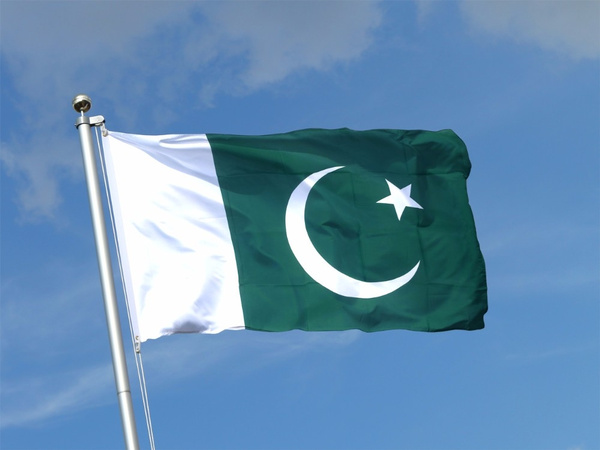
For some months Pakistan’s leaders, civilian and military, have argued that the country has changed, and the world needs to rethink its old views about Pakistan. Instead of viewing it as a nuclear armed country with jihadi groups it should be viewed as a country that values economic and strategic relations.
This, however, may be difficult as analyst James Dorsey notes “a populous, nuclear-armed country whose education system is partially anchored in rote learning and memorization of the Qur’an rather than science is likely to raise eyebrows in Washington and Beijing.”
In a recent piece titled ‘Pakistan, Quo Vadis (Where are you going)?’ Dorsey points out that after claiming for years that CPEC would “significantly boost the country’s position as a key Belt and Road maritime and land transportation hub, Pakistan recently agreed with Saudi Arabia to shy away from building a US$10 billion refinery and petrochemical complex in the port of Gwadar, long viewed as a Belt and Road crown jewel. The two countries are looking at the port city of Karachi as an alternative.”
Further, “Gwadar port has been troubled for years. Completion of the port has been repeatedly delayed amid mounting resentment among the ethnic Baloch population of the Pakistan province of Balochistan, one of the country’s least developed regions. Work on a fence around the port halted late last year when local residents protested. Building the refinery in Karachi would dent Chinese hopes of Gwadar emerging as a competitive hub at the top of the Arabian Sea. Doubts about Gwadar’s future are one reason why landlocked Tajikistan, as well as Afghanistan, are looking at Iranian ports as alternatives.”
While “Saudi Arabia and Pakistan initially agreed on building the refinery in Gwadar in 2019 during a visit by Saudi Crown Prince Mohammed bin Salman. A Saudi-funded feasibility study has since suggested that Gwadar lacks the pipeline and transportation infrastructure to justify a refinery. The refinery would be cut off from Karachi, Pakistan’s oil supply hub.”
Similarly, “Pakistan has been discussing a possible military base in the country from which US forces could support the government in Kabul once the Americans leave Afghanistan in September under an agreement with the Taliban. Washington and Islamabad appear to be nowhere close to an agreement on the terms that would govern a US military presence in Pakistan but the fact that Pakistan is willing to entertain the notion will not have gone unnoticed in Beijing.”
Notably, “The notion of Pakistan re-emerging as a breeding ground for militants is likely to gain traction in Beijing as well as Washington as Pakistan implements educational reform that would Islamicize syllabi across the board from primary schools to universities. Critics charge that religion would account for up to 30 per cent of the syllabus.”
In conclusion, as former Senator Farhatullah Babar warns “The SNC…opens the door for… (religious) seminary teachers to enter mainstream educational institutions… It is well known that a majority of the education of seminary students is grounded in sectarianism. Imagine the consequences of…seminary teachers trained and educated in sectarian education entering the present educational institutions.”
![]()





